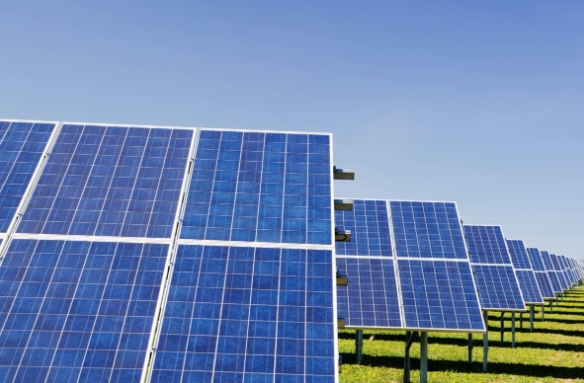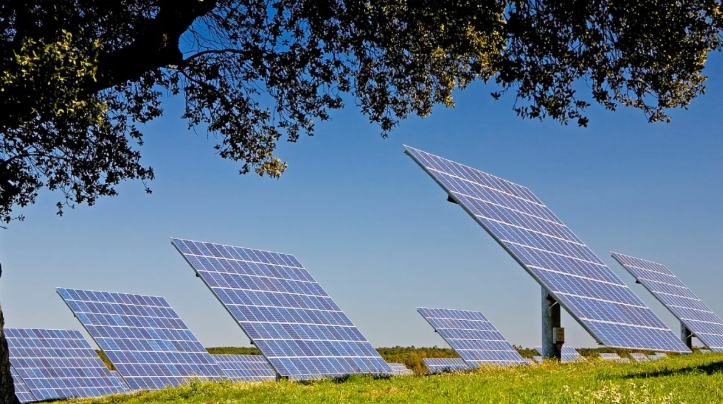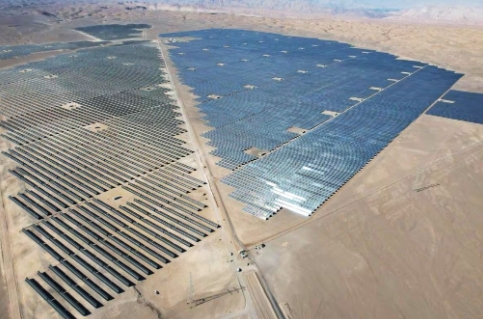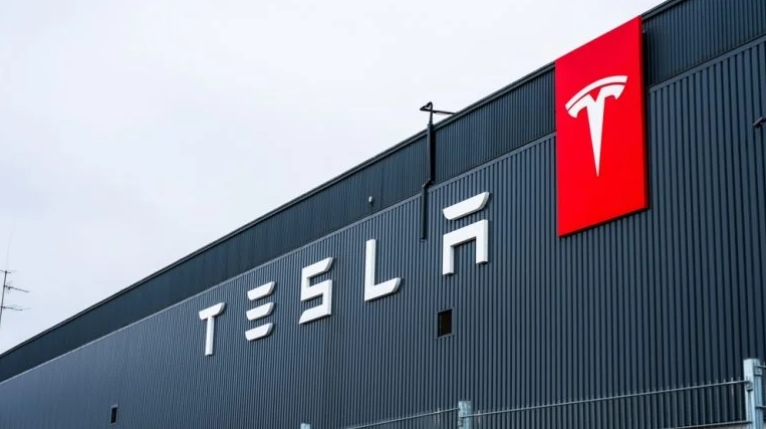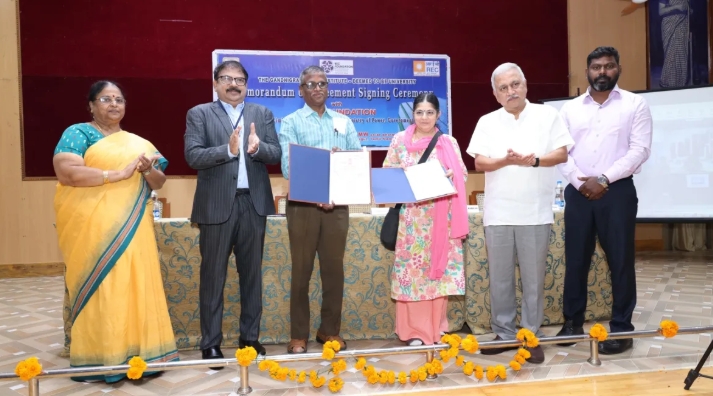“Placing priority on the people most affected, opens an opportunity to transition from an economy focused model of development into an integrated model that considers the wellbeing of the people and planet”, said Passy Amayo Ogolla from SDG 7 Youth, setting the scene at the opening of this COP26’s Energy Action Event in Glasgow.
Under the auspices of the Marrakesh Partnership for Global Climate Action and in cooperation with the High-Level Climate Champions, IRENA took the lead in organising the event that aimed at catalysing and showcasing accelerated action to meet the goals of both the Paris Agreement and SDG 7 on sustainable energy.

The event was opened by Nigel Topping, UK High-Level Champion for COP 26, who told the audience about several major new announcements in the Race to Zero campaign: on clean power; commitments for 100% renewable energy; and green hydrogen.
Decarbonising the Power Sector for a 2030 Breakthrough
Elbia Gannoum Abeeolica’s CEO from Brazil expressed what participating Ministers and CEOs underlined over the course of the afternoon: “I believe that the energy transition can no longer be a series of isolated decisions, it needs to be a complete transformation of society, and, on the other hand, it has the power to profoundly change society itself, making it fairer.”
The first panel of the day, looking at decarbonised power. Mariam Almheiri, Minister of Climate Change and Environment of the United Arab Emirates, described how her country “saw the writing on the wall years ago, that an energy transition was calming, and made the decision to go full force in diversifying its energy mix on the road to net zero emissions.”
José Donoso, Chairman of the Global Solar Council, stressed that solar PV is an economical, flexible and clean solution to bring electricity to areas of the world where conventional means have failed. Yvonne Denise Aki-Sawyerr, the Mayor of Freetown, Sierra Leone, provided an important sub- national perspective saying that, “renewable, decentralised energy solutions have the potential to drive economic growth,” and that cities and local authorities are best placed to effectively lead on this.
System Change
IRENA’s Director General Francesco La Camera, was one of two speakers, along with Ms. Melanie Nakagawa of the United States of America, who spoke about the need for wholesale system change in the energy sector if there is any hope of holding temperature rise to 1.5°C.
Nakagawa argued that no country can transition on its own. She emphasized that fundamental changes to the underlying infrastructure is needed – not simply the things we all do day-to-day and that this message is coming through everywhere at the COP.
Green Hydrogen is Coming-of-Age
Innovation is the hallmark of developments in green hydrogen, which was the subject of the following panel. Moderator Jules Kortenhorst, CEO of the Rocky Mountain Institute, described how, green hydrogen holds the promise of decarbonizing hard-to-abate industries such as shipping, steel and ammonia.
A new Green Hydrogen Toolkit developed jointly by IRENA and the World Economic Forum was announced by Francesco La Camera, which provide policymakers with enabling measures to boost the trade of green hydrogen.
Jeppe Kofod, Minister of Foreign Affairs of Denmark, announced the launch of the Green Hydrogen Compact Catalogue, which gathers stakeholders across the value chain to accelerate the expansion of green hydrogen. “We need partnerships to achieve transformational decarbonisation across energy systems and sectors.”
Kadri Simson, European Commissioner for Energy, pointed out that, “with the Green Deal Package, Europe is putting forward one of the most ambitious and complete policy frameworks to support the uptake of renewable hydrogen as part of creating an integrated energy system.” Abdessalam Mohamed Saleh, Minister of Energy of Mauritania, whose country is part of the African Green Hydrogen Alliance said, “Green Hydrogen offers unprecedent opportunities for addressing the two great challenges of our time: climate change and poverty.”
Reshaping Fossil-Fuel Powered Economies
A managed phase out of fossil fuels is essential for a climate-safe future. Tasneem Essop, Executive Director of CAN International had a lively discussion with Andrea Meza Murillo, Minister of Environment and Energy of Costa Rica, and Québec Premier François Legault.
Premier Legault proudly stated that Québec has renounced hydrocarbon extraction in the province, and that “exports of our clean hydroelectricity are enabling our neighbours to accelerate the transition.” Meza Murillo described the establishment of the Beyond Oil and Gas Alliance, a new initiative co-led by the governments of Costa Rica and Denmark. The Alliance aims to gather a group of ambitious governments committed to delivering a managed and just transition away from oil and gas production.
It’s Not Just about Technology, It’s about People
The final session was about ensuring that the renewable energy transition is just and inclusive. Ben Backwell, General Secretary of the Global Wind Energy Council, said the wind sector expects to create 3.3 million jobs in the next four years on a “good business as usual” trajectory – but getting on a net-zero trajectory, by eliminating bureaucratic red tape, would lead to the creation of many more.”
Irene Karani, Africa Director of the Children’s Investment Fund Foundation said that in her experience, social innovation is key in low- and middle-income countries in Africa, as they transition out of fossil fuels to ensure a just transition and stable greener economies. And Anne Beathe Kristiansen Tvinnereim, Minister of International Development of Norway, described her country’s experience and said, “the only path forward is to increase investments in a just and inclusive energy transition.” In wrapping up the session, Ms. Berman reminded that “the transition needs to meet their needs while contributing to a safer and cleaner future for us all.”
